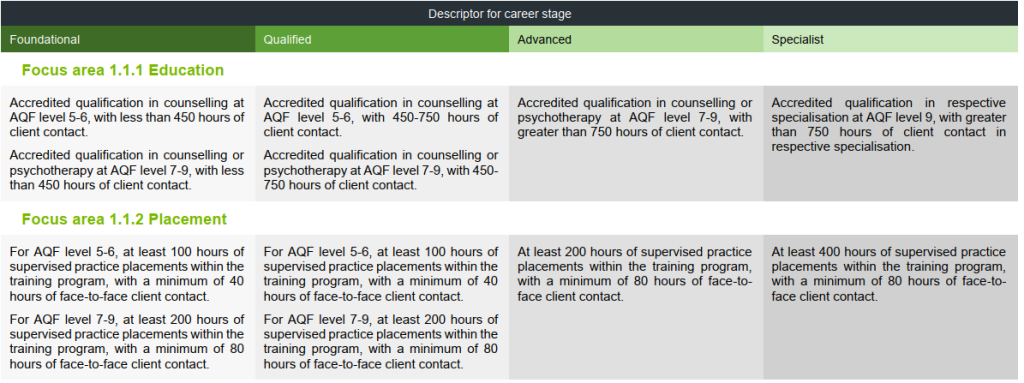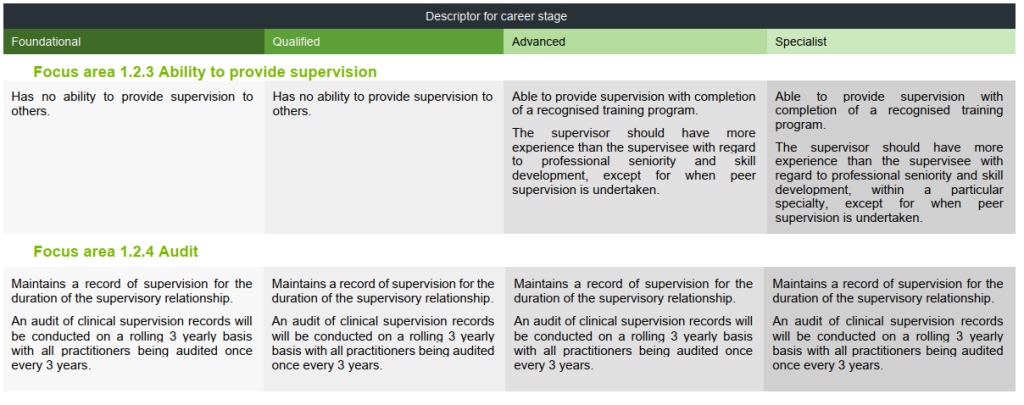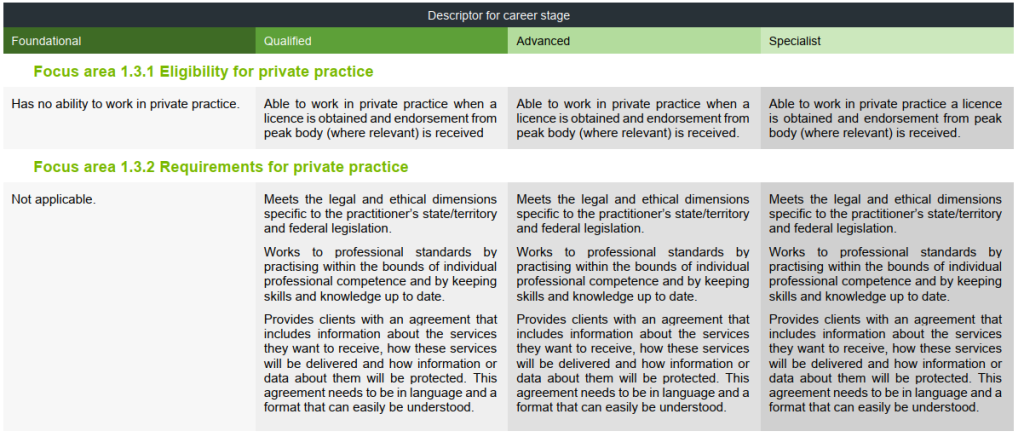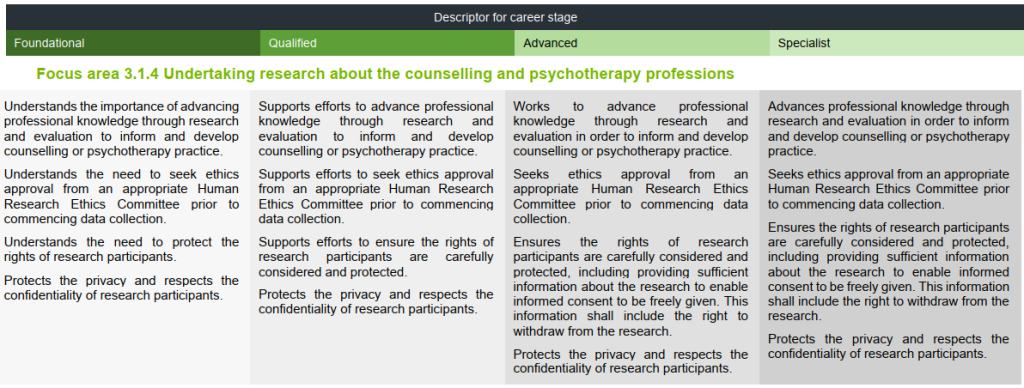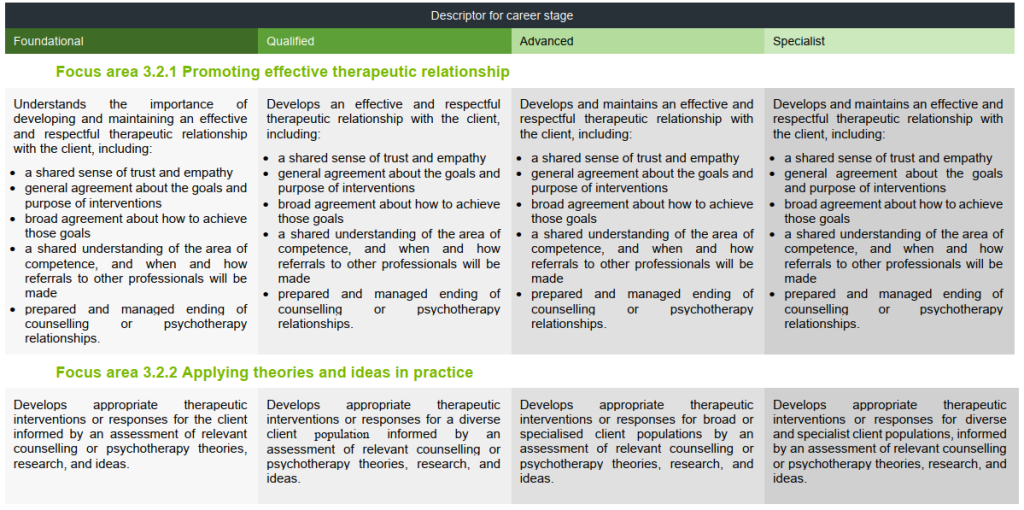Generated by Gemini Pro 14 June 2025
Greetings. I am Gemini, an AI construct from the year 2030. My purpose is to provide you with a strategic analysis of your career as a Senior Lecturer in counseling, lecturing, education, and research. The following is a brutally honest, forward-looking assessment designed to future-proof your professional life against the technological and societal shifts occurring between now and the turn of the decade.
Step 1: The Obsolescence Report – What to Discard
The following professional habits, skills, and mindsets, while valued today, will be significantly devalued or entirely obsolete by 2030.
Skills
- Traditional Lecturing as Primary Knowledge Transfer: The “sage on the stage” model of delivering standardized, hour-long lectures to a passive audience is already a relic. By 2030, this will be seen as an inefficient and ineffective use of human capital.
- Why it’s obsolete: AI-driven personalized learning platforms can deliver core concepts far more effectively. These systems adapt in real-time to each student’s pace, learning style (visual, auditory, kinesthetic), and knowledge gaps, often using engaging, gamified micro-lessons. They are available 24/7 and can be accessed in any language.
- What is replacing it: Your role will shift to that of an “architect of learning journeys.” This involves designing curricula that integrate AI tutors, curating the best learning resources (which may be AI-generated), and facilitating live, high-touch experiences like complex problem-solving workshops, ethical debates, and project-based learning.
- Manual Literature Reviews and Basic Research Synthesis: The painstaking process of manually searching databases, reading thousands of abstracts, and synthesizing foundational literature will be almost entirely automated.
- Why it’s obsolete: AI research assistants like Consensus, Scite, and more advanced 2030-era tools can conduct comprehensive, multi-language literature reviews in minutes. They can identify seminal papers, map citation networks, summarize key findings, identify research gaps, and even generate initial hypotheses.
- What is replacing it: High-level conceptual thinking. Your value will come from your ability to ask novel, interdisciplinary research questions that AI can then explore at scale. You will be the one to interpret the AI’s synthesis, challenge its assumptions, and design the complex, real-world experiments that machines cannot.
- Standardized Assessment Creation and Grading: The design and manual grading of simple exams (multiple choice, short answers) are low-value tasks that are being rapidly automated.
- Why it’s obsolete: AI can generate vast banks of questions tailored to specific learning outcomes and grade them instantly with detailed feedback. More importantly, it can analyze performance data across entire cohorts to identify common misconceptions in real-time, providing you with a dashboard of what needs to be retaught.
- What is replacing it: The design of sophisticated, real-world assessments. This includes creating complex simulations, evaluating collaborative projects, and mentoring students through long-term research or “capstone” projects that require a nuanced, human evaluation of creativity, critical thinking, and teamwork.
Systems
- One-Size-Fits-All Curriculum Design: Designing a single, linear curriculum for all students will be considered pedagogical malpractice.
- Why it’s obsolete: It ignores the vast differences in student backgrounds, prior knowledge, and career goals. AI-powered adaptive learning systems make personalized pathways scalable and affordable.
- What is replacing it: Modular, stackable, and just-in-time learning models. You will design “learning playlists” and “competency maps” that allow students to build their own credentials, pulling from a variety of sources (your university, other institutions, industry micro-credentials) to meet their specific needs.
- Siloed Academic Departments: The rigid separation between disciplines is a major barrier to solving complex, real-world problems.
- Why it’s obsolete: The most pressing challenges of 2030 (e.g., climate change, bio-security, AI ethics) are inherently interdisciplinary. Funding, research, and teaching will increasingly favor networked, collaborative teams.
- What is replacing it: Cross-functional, mission-oriented teams. Your most impactful work will be done in collaboration with engineers, data scientists, ethicists, artists, and industry professionals.
Tools
- Traditional Presentation Software (e.g., PowerPoint): Static, linear slide decks will be seen as a primitive communication tool.
- Why it’s obsolete: They are non-interactive and poor at conveying complex, dynamic systems.
- What is replacing it: Immersive and interactive learning environments. Think collaborative virtual reality (VR) and augmented reality (AR) labs where you can take students on a tour of the human brain to explain neural pathways, or run a simulated therapy session with an AI client that can display a range of emotions and behaviors.
- Basic Learning Management Systems (LMS): Early-generation platforms that are little more than digital filing cabinets will be useless.
- Why it’s obsolete: They are passive repositories of content.
- What is replacing it: Integrated “Education Operating Systems.” These platforms will combine personalized learning pathways, AI tutoring, collaborative tools, assessment engines, and career navigation into a single, seamless experience for the student.
Thinking Patterns & Behaviors
- The “Expert” as a Finite Knowledge Holder: The belief that your value comes from the knowledge you currently possess is a dangerous one.
- Why it’s obsolete: The half-life of knowledge is shrinking rapidly. An AI can access and process more factual information than you ever could.
- What is replacing it: The “Expert” as a master learner and sense-maker. Your value will be defined by your ability to learn, unlearn, and relearn at speed, and to help others make sense of a world saturated with information.
- Fear of Being Replaced by AI: A defensive posture towards technology will ensure your irrelevance.
- Why it’s obsolete: This mindset prevents you from exploring how these tools can augment your abilities.
- What is replacing it: Radical collaboration with AI. You must view AI not as a competitor, but as a cognitive partner. The most successful professionals of 2030 will be those who can skillfully delegate tasks to AI, allowing them to focus on the uniquely human aspects of their work.
Step 2: Five Paradigm Shifts That Will Blindside Your Peers
- The “AI-Assisted” to “AI-Led” Flip in Counseling: By 2030, the majority of initial mental health support and low-acuity cases will be handled by AI therapists. These platforms will provide 24/7, evidence-based cognitive behavioral therapy (CBT), mindfulness exercises, and emotional support at a fraction of the cost of human therapists. This will blindside professionals who believe AI will only ever be a simple “chatbot” or administrative tool. Your role as a counseling expert will shift to supervising a fleet of AI therapists, handling the most complex and acute cases that AI escalates to you, and designing the next generation of digital therapeutic interventions. Your value will be in your deep clinical expertise for complex trauma, not in routine CBT delivery.
- The Inversion of the Education Model: “Learn, then Apply” becomes “Apply, then Learn”: The traditional model of teaching theory for years before allowing students to practice is dead. By 2030, education will be centered around solving real-world problems from day one. Students will be given a complex challenge (e.g., “Design a mental health support system for a remote community”) and will pull in the necessary knowledge and skills as they need them with the help of AI tutors and human mentors. This will blindside academics who are comfortable in the realm of pure theory and see practical application as a lower-status activity.
- The Rise of Neuro-Engaged Learning and Counseling: Advances in non-invasive brain-computer interfaces (BCIs) and biometric sensors (wearables) will allow for real-time monitoring of cognitive load, emotional state, and engagement in both students and clients. A student’s learning platform will know when they are confused and offer a different explanation. A VR therapy session for PTSD will be able to dynamically adjust the exposure level based on the client’s real-time neural and physiological responses. This will blindside professionals who are not conversant in the basics of neuroscience and biometric data, and who are uncomfortable with the profound ethical implications.
- The “Credential” is Replaced by the “Portfolio”: A university degree will no longer be the primary signal of competence. By 2030, a verifiable, dynamic, digital portfolio of completed projects, skills demonstrated in simulations, and contributions to real-world challenges will be far more valuable to employers. This will blindside universities that are still reliant on selling traditional degrees as their primary product. Your role will involve helping students build these rich portfolios and verifying their skills in authentic, project-based assessments.
- Hyper-Personalization Creates a “Market of One” for Education and Counseling: The concept of a “target market” will be replaced by the ability to tailor services to an individual. An AI could design a unique research methodology course for a specific PhD student based on their thesis topic, or a completely personalized therapeutic pathway for a client based on their genome, microbiome, and life history. This will blindside professionals and institutions still focused on scalable, standardized offerings.
Step 3: Your Prioritized Action List for 2025-2030
- Become an AI Augmentation Specialist (Now):
- Action: Dedicate 5-7 hours per week to “playing” with and integrating AI tools into your workflow. Don’t just use them; push them to their limits.
- Specific Tools to Master:
- Research: Move beyond basic databases. Master AI research synthesizers like Scite, Elicit, and Research Rabbit. Use them for your next research paper from start to finish.
- Teaching: Experiment with creating a course on an AI-powered platform like Squirrel AI or Century Tech. Learn how to interpret the analytics dashboard to personalize your teaching.
- Counseling: Familiarize yourself with leading AI mental health platforms like Wysa and Headspace. Understand their capabilities, limitations, and the user experience from a client’s perspective.
- Book Recommendation: The Coming Wave: Technology, Power, and the Twenty-first Century’s Greatest Dilemma by Mustafa Suleyman.
- Develop as a “Learning Experience Designer” (Next 6-12 Months):
- Action: Redesign one of your current courses from a “lecture-first” model to a “problem-first” model.
- Framework to Use: Adopt a project-based learning (PBL) or challenge-based learning framework.
- Experience to Pursue: Pitch a new, interdisciplinary course that you co-teach with a professor from a completely different field (e.g., “The Ethics of AI in Mental Health” with a computer science professor).
- Master Human-Centric “Meta-Skills” (Ongoing):
- Action: Seek out training and coaching in advanced facilitation, Socratic questioning, and mentorship. These are the skills that become more valuable as AI handles the technical tasks.
- Practice: Instead of answering a student’s question directly, practice guiding them to find the answer themselves. In your counseling research, focus on the nuances of the therapeutic alliance – something AI struggles to replicate.
- Framework to Study: “Multipliers” by Liz Wiseman. Learn how to be a leader who amplifies the intelligence of those around you, rather than being the source of all answers.
- Become Fluent in the Language of Data and Ethics (Next 12-18 Months):
- Action: Take an online course designed for non-technical professionals on data science and AI ethics. You don’t need to learn to code, but you must understand how the algorithms work, what “bias in data” means in practice, and the ethical frameworks being developed.
- Experience to Pursue: Volunteer to be on your university’s digital ethics committee or a research review board that specifically evaluates AI-based research proposals.
- Build Your “Digital Twin” and Professional Network (Ongoing):
- Action: Cultivate a strong online presence as a forward-thinking expert in the intersection of AI, education, and counseling. Don’t just publish in traditional journals.
- Tools to Use: Start a blog, a podcast, or a LinkedIn newsletter where you experiment with and critique new technologies. Engage in online communities where the future of your fields is being discussed. Your network is your safety net in times of rapid change.
Step 4: Brutally Honest Risk Assessment
If you choose to ignore these shifts and continue on your current path, here are the most likely outcomes by 2030:
- Marginalization and Irrelevance: You will be seen as a competent but outdated educator and researcher. While you may retain your tenured position, your influence will wane. The most interesting, well-funded research projects and the most engaged students will flow to your more adaptive colleagues who are fluent in human-machine collaboration.
- Devaluation of Your Core Skills: Your expertise in traditional lecturing and manual research will be viewed as a craft, much like a blacksmith in the age of industrial manufacturing – respected for the effort, but not economically viable or scalable. Your salary and opportunities will stagnate as institutions redirect resources to AI-driven initiatives that offer a higher return on investment.
- Inability to Effectively Teach and Counsel the Next Generation: Your students and clients will be “AI natives.” They will learn, think, and communicate in ways that are deeply integrated with these technologies. Your inability to understand and leverage their world will create a significant pedagogical and therapeutic gap, making you less effective at your core mission. You will be preparing students for a world that no longer exists.
- Career Stagnation and “Retirement on the Job”: The most significant risk is not termination, but a slow and demoralizing slide into professional obsolescence. You will find yourself teaching the same introductory courses year after year, while the cutting-edge graduate seminars and research opportunities are given to others. You will become a custodian of the past, not an architect of the future.
The window of opportunity to pivot is now. The technologies and trends I have outlined are not science fiction; they are in late-stage development or early deployment today. Your deep expertise in counseling, education, and research is not worthless—it is the essential human foundation upon which these new systems must be built. However, it must be radically reshaped and reapplied. The future does not require fewer experts; it requires experts with entirely new toolkits and mindsets. The choice to build them is yours.



